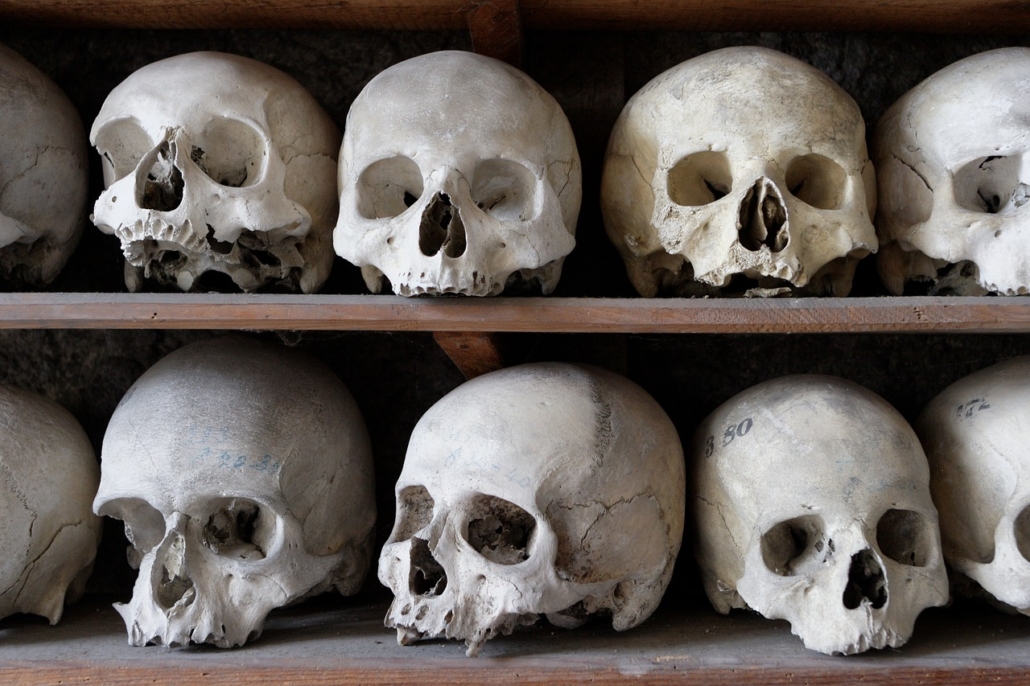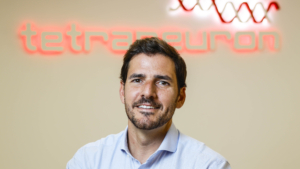
BioSenic halts ALLOB development
BioSenic SA has suspended its Phase II proof-of-concept trial on fracture healing with its allogeneic cell therapy ALLOB.
ALLOB was developed before the US$40.8m majority buyout of Bone Therapeutics by French Medsenic SAS last October. Before the reverse merger, in 2021, Bone Therapeutics SA had received an €16m loan from the European Investment Bank (EIB) to advance the development of ALLOB. The decision to halt clinical development of the cell therapy came after negative results obtained for the primary endpoint in the exploratory Phase IIb trial (ALLOB IIb), which focused on safety and treatment timing efficacy.
The aim of the Phase IIb study was to evaluate the efficacy of the mesenchymal stem cell-derived bone cell-forming cell therapy ALLOB a couple of days after a bone fracture to accelerate fracture healing. In contrast to the previous Phase IIa, where ALLOB was administered after 3.5 to 7 months, in 21 long bone fractures with documented delayed- or non-union, early application of ALLOB did not accelerate the fracture healing process in the Phase IIb pilot.
According to Lieven Huysse, MD, Chief Medical Officer of BioSenic, the Phase IIb study in 57 patients confirmed the excellent safety profile of ALLOB injections. A compilation of the two clinical studies and the pre-clinical data also suggest that the administration of ALLOB, in order to positively influence a complex bone repair process, should be carried out outside the acute early post-traumatic inflammatory period.
He suggested, ALLOB-treatment was potentially beneficial as an add-on to the standard of care, at the right time, to improve recovery from extreme bone damage that fails in 5-10% of patients. However, BioSenic announced it will refocus its resources on the Medsenic OATO autoimmune disease platform including its upcoming Phase III cGVHD trial with Medscenic’s oral arsenic trioxide (OATO). BioSenic, through the Medsenic company autoimmune disease platform had completed a successful Phase II trial targeting cGVHD (chronic Graft vs Host Disease), with a demonstrated efficacy of more than 75% on the full study population and 84% on the per protocol population. A Phase III study is now in preparation.


 Alexander Sievert Photography
Alexander Sievert Photography  Tetraneuron SL - Álvaro García
Tetraneuron SL - Álvaro García Cellular Origins Ltd
Cellular Origins Ltd